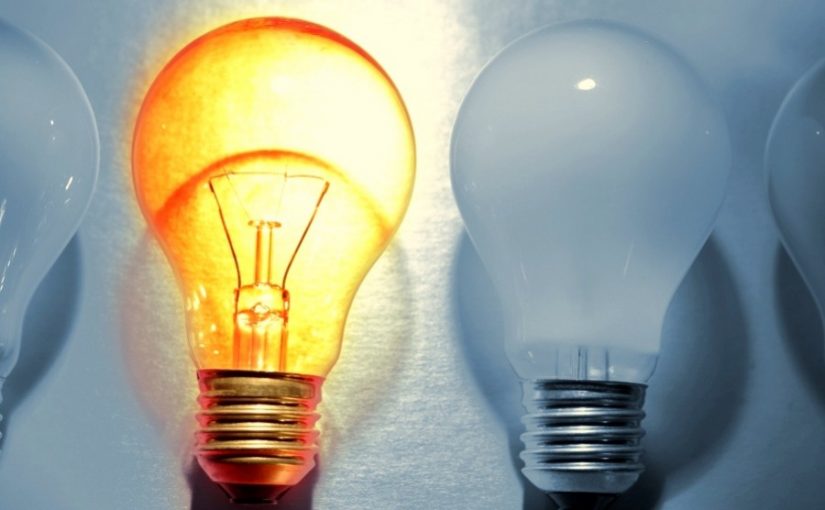Mozambique will give position on revised budget for TotalEnergies LNG project later
CIP study calls for revision of fuels and electricity price structure – Mozambique

In file CoM
Mozambican NGO the Public Integrity Centre (CIP) has released a study recommending that the government review Mozambique’s fuel and electricity price structure, “removing costs that should not be charged to the consumer”.
The study concludes that “for every litre of gasoline or diesel (or other petroleum product) that the citizen buys, only 55% refers to the real cost”. The other 45% goes to “unclear costs in the fuel sector”, which commentators say is “among the most corrupt” in the country, the organisation says.
The CIP recommends intensifying control of fuel marking, because one of the major problems is tax evasion, with large quantities of fuel imported free of duty, supposedly for re-export to other countries but eventually sold in Mozambique.
The study also issues a “red flag” warning on Petromoc, the public fuel distribution company, which is being investigated for corruption and is considered “technically bankrupt”, representing an additional cost.
In the electricity sector, the CIP recommends that the state pays Mozambique Electricity (EDM) for electricity “in order to allow the company to be sustainable and prevent the debts of public entities from being indirectly transferred to the citizen”.
EDM must also renegotiate contracts and look for alternative sources in order to provide cheaper energy.
The CIP warns of signs of “corruption in Mozambique Electricity (EDM), particularly the over-invoicing of accountants and other goods and services”, which the NGO estimates cost about EUR 8.8 million a year between 2014 and 2017.
“These expenses are accounted for in the [electricity] bills of Mozambican final consumers, the fourth highest in Southern Africa,” the organisation notes.
In general, the report claims, “the money that finances corruption, in both the fuel and energy sectors, is charged to the citizen in two ways”: either through “high prices” on invoices, or by “diverting money from social activities”.
The CIP considers it essential the regulator “immediately start exercising its powers and responsibilities in the energy sector, as provided by law”, stating that the government is only an agent in the sector and cannot be “referee and player simultaneously “.












Leave a Reply
Be the First to Comment!
You must be logged in to post a comment.
You must be logged in to post a comment.